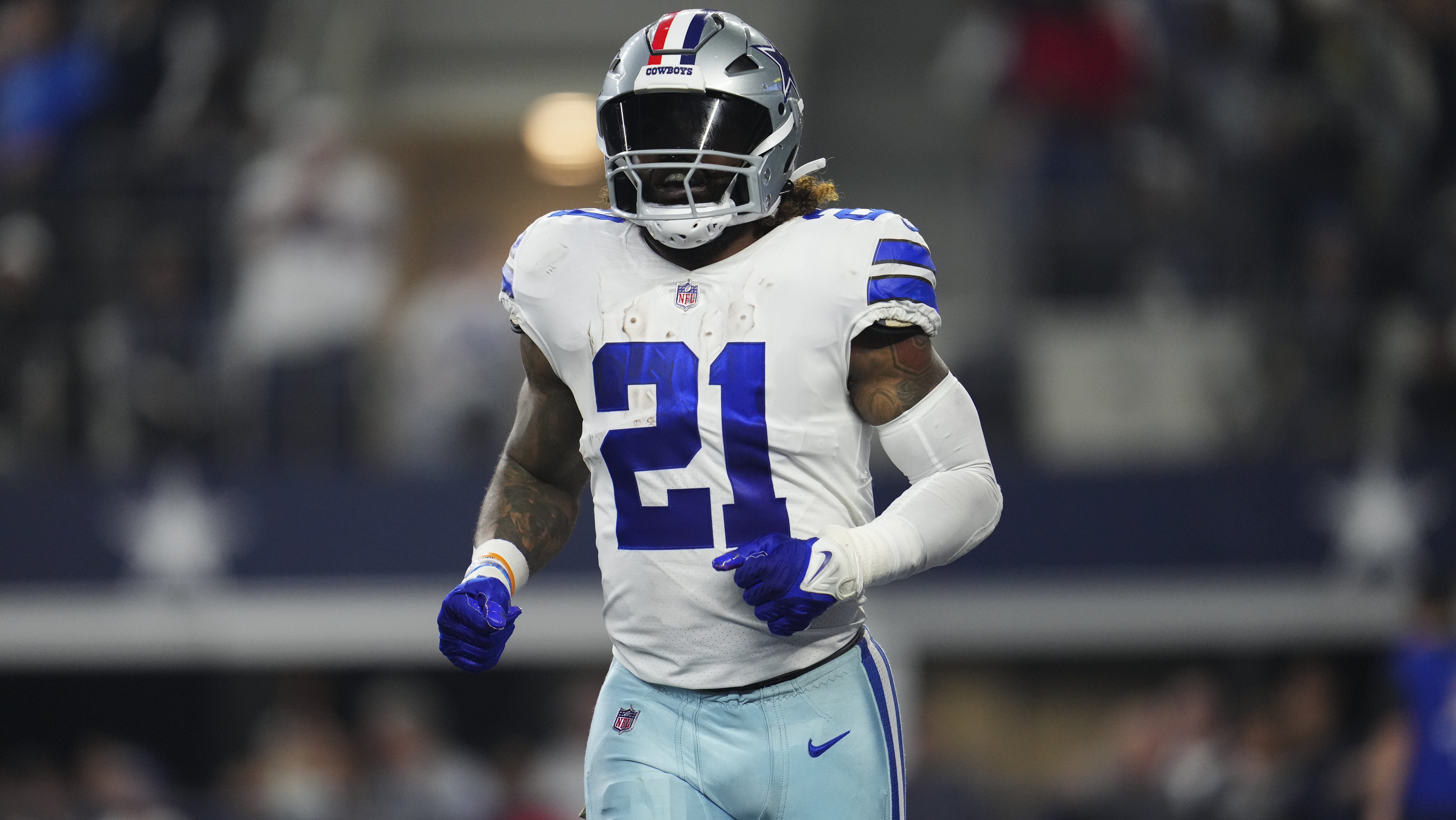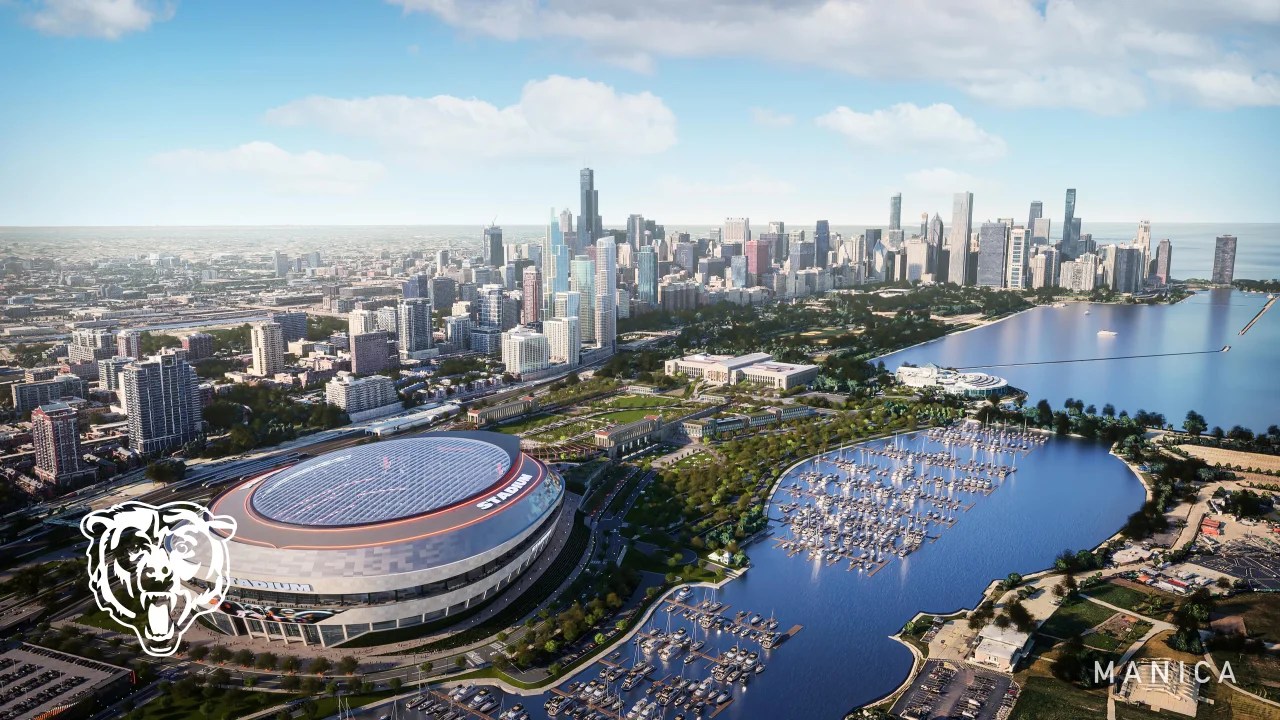Regarding Colin Kaepernick, there are a few things that Akiem Hicks is certain of:
1. The quarterback lost his job because he chose to take a knee in protest. "Do I think that Kaepernick would have gotten a good deal? Yeah, I think he would have gotten a good deal if he had not protested," he said.
2. At the time that Kaepernick was protesting, taking a knee meant giving up a career in football. "I had the same thought that 85, 90 percent of the league thought at that moment," Hicks added. "If I get down on one knee in front of this stadium, I am fired. My job, my career, my life is over. I will be blackballed. And then to come out on the other end and watch it actually happen to Kaepernick it just tells me my feelings were real."
Stay in the game with the latest updates on your beloved Chicago sports teams! Sign up here for our All Access Daily newsletter.
Fast forward five years, and Kaepernick's original message continues to feel as evergreen as always. The killing of George Floyd and subsequent protests against police brutality that are taking place in cities across the nation have refocused the spotlight on the quarterback's message, and even have some considering whether taking a knee during anthems will return to NFL sidelines in 2020.
"I think that’s probably in the talks of being a possible action taken," Allen Robinson said. "And again, I’m saying that to say that as far as everybody coming together – because we saw on the opposite end people doing different things on the other side of it and not taking a knee – so again, I think that could possibly be something that would show the unity of the league and teams acknowledging the wrong that they had with that and just how that kind of whole situation went down..."
RELATED: AKIEM HICKS ON HOW THE BEARS' RECENT TEAM MEETING CHANGED HIS LIFE
"But is that the exact cause of action? I’m not 100% sure, but I’m pretty sure that will probably be thrown in the mix somehow.”
NFL
Robinson raised the question that, perhaps unsurprisingly enough, was echoed by the other Bears players who talked with media on Wednesday afternoon. It's undeniably true that embracing peaceful protests is still something that NFL subculture struggles mightily with, but what comes next isn't as clear. Do more players take a knee this fall? How will the NFL react? Is taking a knee still the most practical form of protest? These are but a few of the tough issues lying squarely on the player's shoulders.
"I haven’t thought about it, I really haven’t considered it," Hicks said. "Do I see it being a possibility? It could be, it could be. I guess in my mind, I want another step. I want to see something bigger, different. That already turned out negatively, and we understood what he meant by it. I will say this: let’s make the situation better. I’ll choose change over having to take another knee. I’d rather we just move on."
For his part, Matt Nagy mainly sidestepped giving a solid answer one way or another on any potential protests, only mentioning that "whatever we end up doing together, it will be just that. We’ll talk it through and we’ll see." He did mention that when those conversations started happening, "sitting back and completely listening" to the players was his top priority. No one's certain about what the next sideline protest will look like, but if the last two weeks have shown football fans – and the general population, really – anything, it's that it's less a matter of 'if' and more of 'when'.
"Back then it was just like made about one situation, about the military, and that’s what everybody was focusing on," Danny Trevathan added. "‘People are disrespecting the flag, disrespecting the military ..."
"So it wasn’t about that. It was about something bigger than that issue. It was about police brutality and the way we treat people. Right now, I feel like we are taking a different stand because people are sick of it. It’s not just black people. This is not a black issue. This is a racial war."


